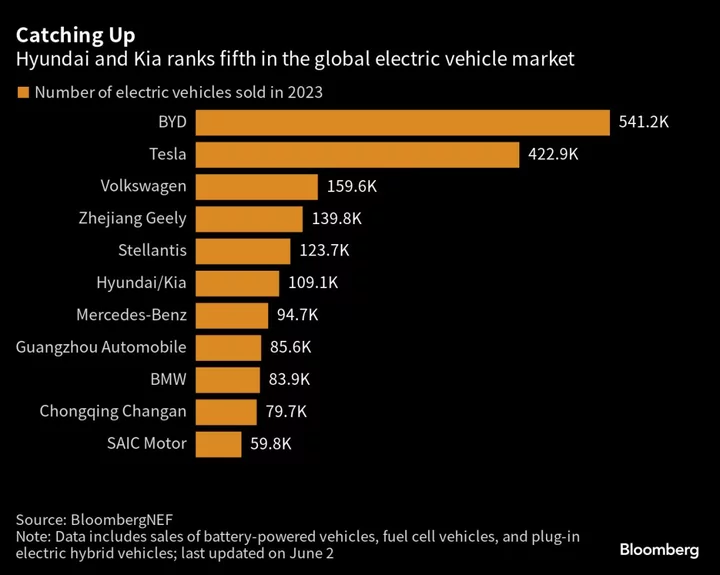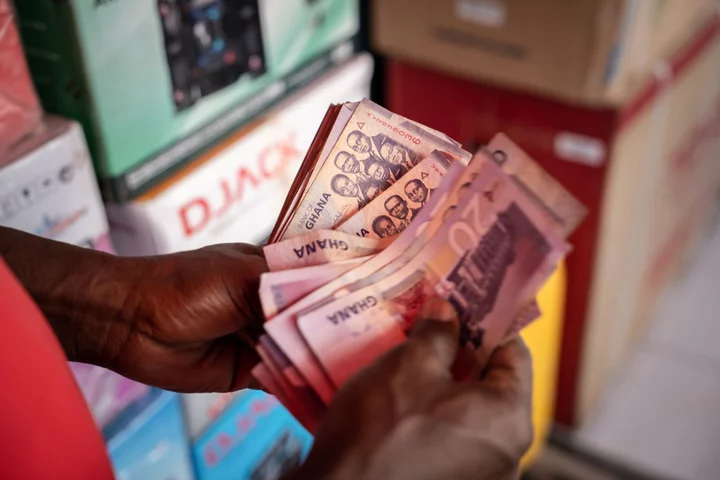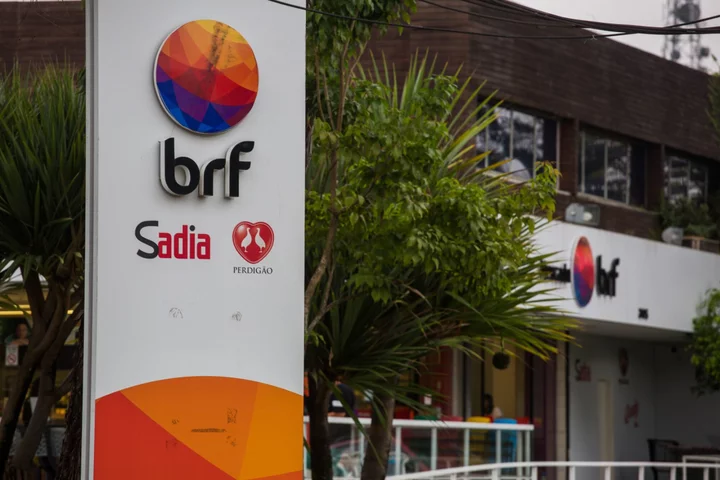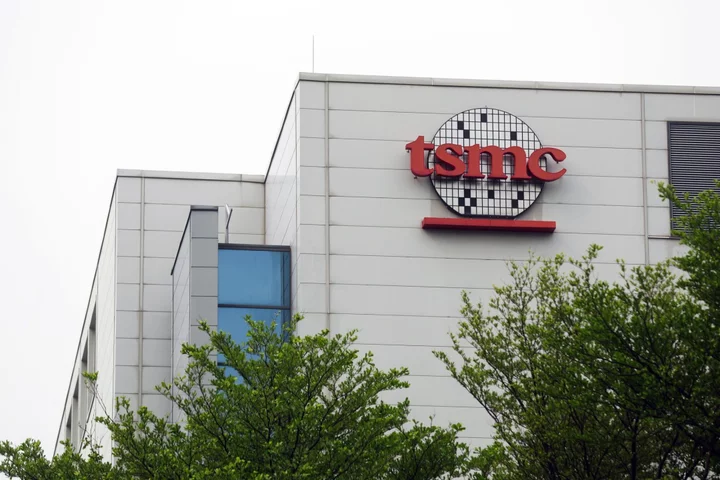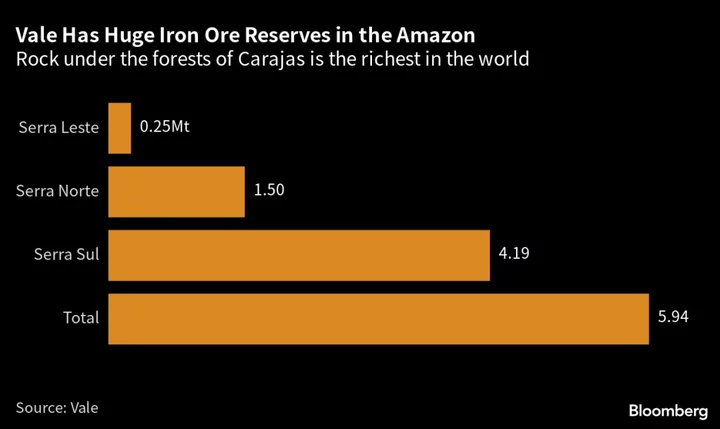Hyundai Motor Co. said it will sell 2 million electric vehicles annually by 2030, raising its forecast from 1.87 million a year ago, as demand for clean-energy cars continues to surge.
The South Korean automaker also plans to spend about 109 trillion won ($85 billion) to boost production and make progress in areas such as hydrogen cars, EV batteries and software for future mobility, it said in a statement Tuesday.
The investment pledge from the world’s third-biggest carmaker follows Toyota Motor Corp. laying out an ambitious plan to sell 1.5 million battery EVs by 2026. Ford Motor Co. is pursuing a radical restructuring with ambitions to make 2 million EVs a year by 2026.
Hitting the new goal would mean Hyundai’s EVs, including luxury brand Genesis, account for 18% of its global sales in 2026 and 34% in 2030, the company said. They will make up 53% of its sales in three key markets — Korea, the US and Europe - by the end of the decade. Volkswagen AG expects electric-battery vehicles to account for 20% of its global sales by 2025.
“We will show you how a legacy automaker can execute an effective strategy for electrification” — Hyundai CEO Jay Chang.
Hyundai and Kia Corp. have sold around 109,000 EVs this year, placing them fifth in the global industry, according to BloombergNEF.
Hyundai is facing pressure in the US and Europe to increase domestic production of clean cars and reduce reliance on battery minerals and components made in China. The company aims to start mass production at its EV plant being built in the state of Georgia in the second half of next year, Chief Executive Jay Chang said at an annual event for investors Tuesday.
Read more: Ford Chairman Says US Can’t Yet Compete Against China With EVs
“We now see intense competition between legacy automakers and new firms over EVs,” Chang said. “We will show you how a legacy automaker can execute an effective strategy for electrification.”
China Cuts
Hyundai is planning to halt production at another of its plants in China. The company sold its first plant in the country in 2021 and stopped operations at another facility in 2022. It said it plans to sell two more plants and optimize production at its remaining facilities.
To speed production and improve profitability elsewhere, Hyundai will adopt a new platform for EVs, called Integrated Modular Architecture, or IMA. The company is targeting an operating margin of at least 10% by 2030 for EVs.
Rather than hurrying to build new EV plants, Hyundai will focus on transforming assembly lines for internal combustion-engine cars, Chang said. It only takes a month to convert them for EV production, he said, adding that the approach also protects jobs.
Starting production in Georgia later next year will enable Hyundai to meet requirements under the US Inflation Reduction Act, Chang said.
Read more: Hyundai Motor, LG Plan $4.3 Billion EV Battery Plant in US
The company is also considering a new joint venture in Europe to boost local production of EV batteries. It is still reliant on supplies from partners like SK On Co. and LG Energy Solution Ltd. and plans to focus on next-generation cells.
New Batteries
Hyundai executives were eager to outline plans to focus on innovation, including robotics, hydrogen and so-called software-driven vehicles. 42dot, a unit that develops autonomous-driving technology and other mobility platforms, is hiring at least 100 software engineers, according to its website. Hyundai has invested at least $1 billion in the subsidiary.
“What we expect from 42dot is mentality of a startup that tries bold attempts on software-driven vehicles,” Hyundai Executive Vice President Kim Heung-soo said.
There was no indication the company plans to work more closely with Tesla Inc. When asked by an analyst about plans to form a partnership for EV charging services, Kim was dismissive.
“That may make Hyundai rely on Tesla’s overall system too much,” he said.
Hyundai shares fell 0.7% Tuesday. They’re up 31% this year.
(Updates with more comments from Chang and other Hyundai executives.)

